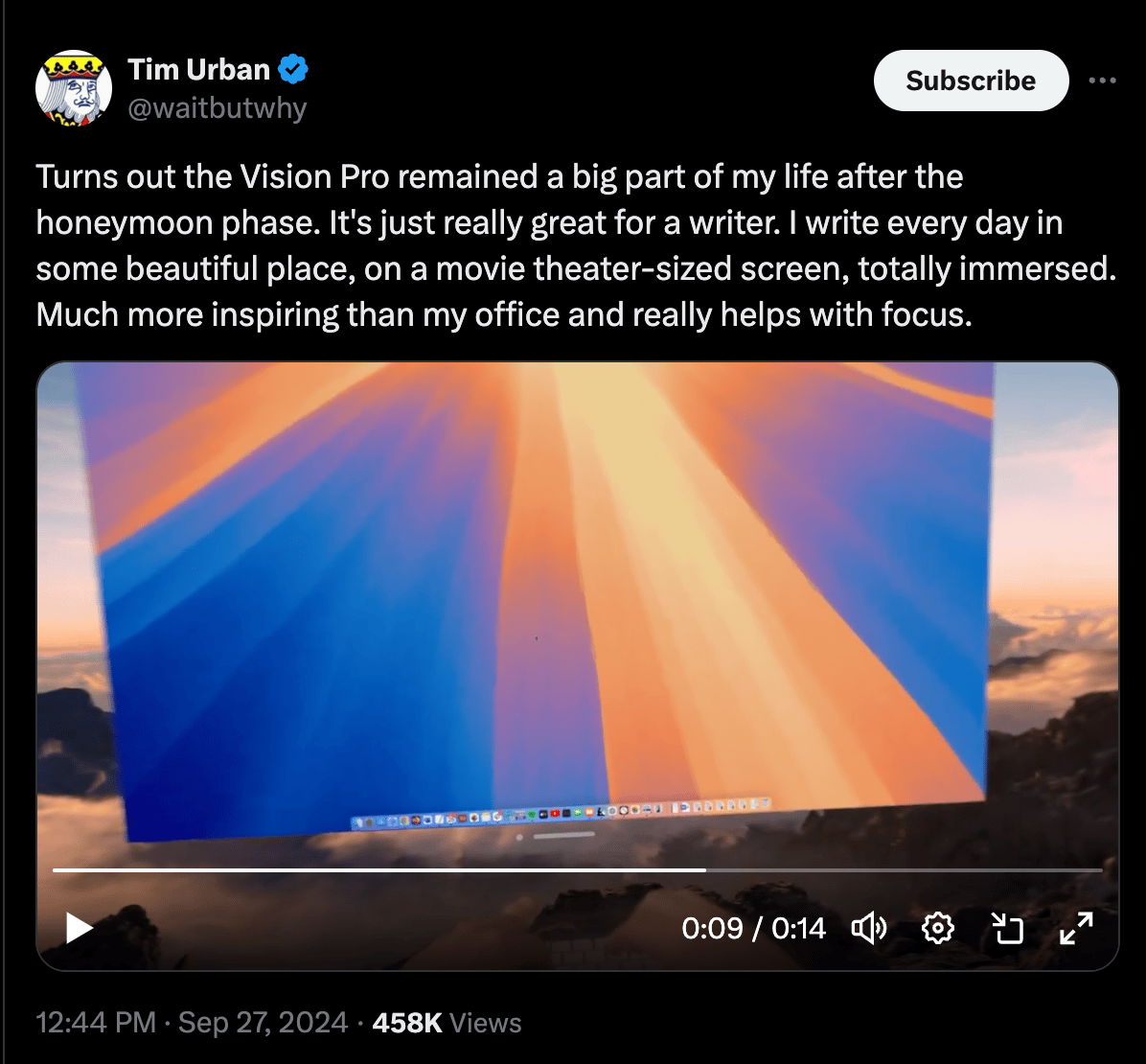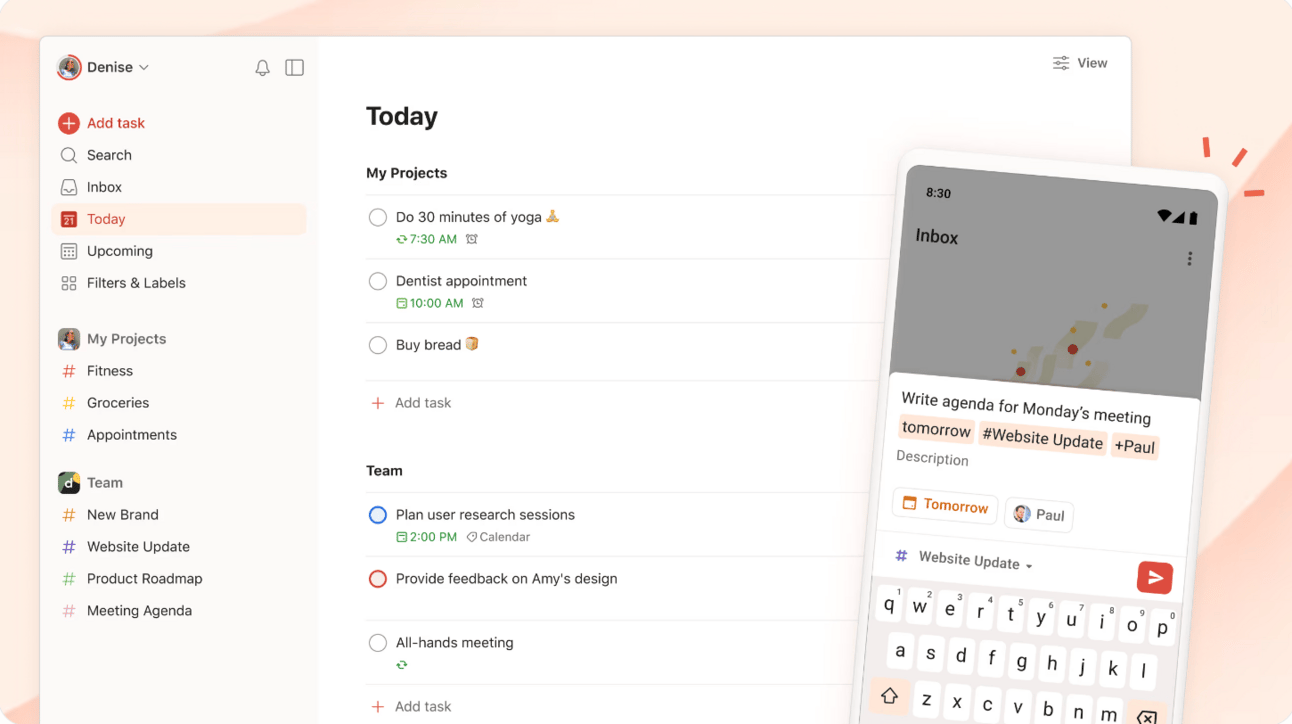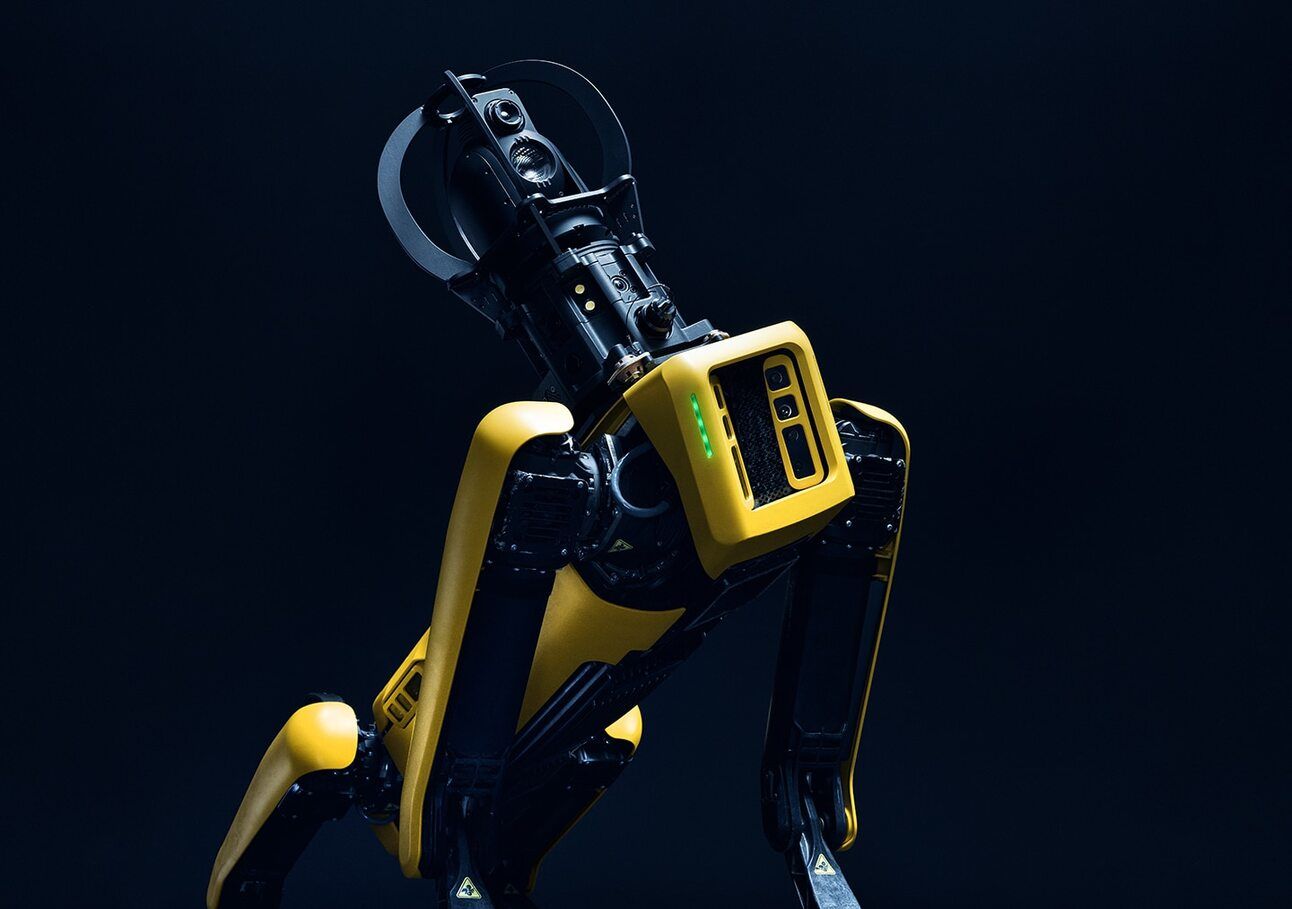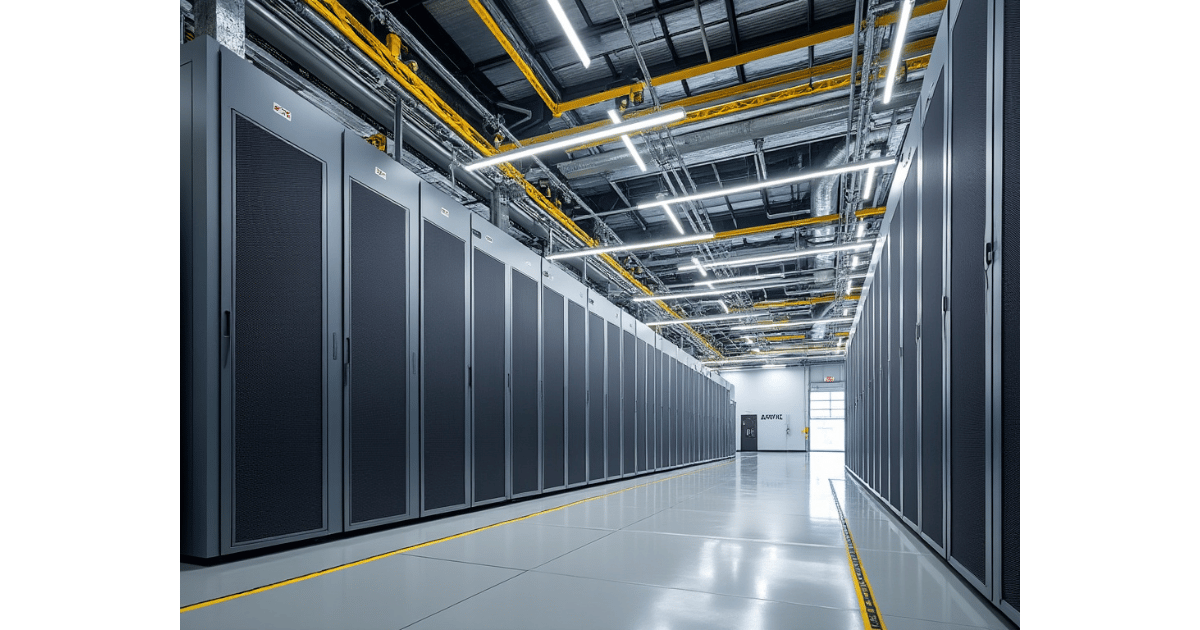Beginners in AI
Thank you for joining us again!
Welcome to this week's edition of Beginners in AI, where we explore the latest trends, tools, and news in the world of AI and the tech that surrounds it.
This week, we take a closer look at Elon Musk's ambitious move to revolutionize AI infrastructure in the US with a new data center powered by Nvidia’s most advanced chips—aiming to push the boundaries of what AI can do. Meanwhile, Meta and Snap are racing to dominate the augmented reality space, each unveiling new AR glasses with features designed to wow.
OpenAI makes a major shift back towards nonprofit operations, sparking executive exits and a possible revival of old legal battles.
We'll also explore how Boston Dynamics' trusty robot dog Spot is learning to prevent machinery failures before they happen, and dive into Mark Cuban’s stern warning about the rapid pace of AI development and its consequences.
Read Time: 6 minutes
AI TOP STORY
Elon Musks New Memphis New Data Center Becomes the Most Powerful in the US

Elon Musk
The Milestone at Musk's Data Center
Elon Musk's latest data center, based in Memphis, has just achieved a significant AI milestone. The center is equipped with Nvidia's cutting-edge chips, specifically the H100 GPUs, which are designed to power large-scale artificial intelligence workloads. This facility is now among the world's largest dedicated to AI development, demonstrating a massive leap in Musk's tech infrastructure projects.
Nvidia Chips at the Core
Central to this achievement are the Nvidia H100 chips, renowned for their efficiency in training AI models at unprecedented scales. The data center's deployment of these GPUs positions it as a powerhouse in the competitive AI computing space, rivaling established tech giants like Google and Microsoft. By leveraging Nvidia’s advanced hardware, the Memphis center promises to significantly enhance capabilities in AI research, including natural language processing and autonomous systems.
Musk's Broader Data Center Strategy
Elon Musk's data center ventures are part of a larger strategy to carve out a major stake in the future of AI infrastructure. The Memphis center is just one of several facilities Musk has been developing to support ambitious projects across his business ventures, including SpaceX, Tesla, and Neuralink. By creating AI-focused data centers, Musk is taking a direct role in shaping the AI capabilities needed to support advancements like autonomous driving, AI-powered robotics, and advanced neural interfaces.
This approach mirrors what other tech giants are doing, but with Musk's unique touch—focusing on vertically integrating everything from the hardware up to the end-user applications. With the inclusion of Nvidia H100 GPUs, the Memphis facility not only underscores his commitment to remaining at the forefront of AI innovation but also gives him the flexibility to conduct groundbreaking research, without being dependent on external data center providers.
The Bottom Line
This story signifies the growing influence of AI infrastructure in the modern world. Such advancements aren't just about more powerful data centers—they have real implications for the AI tools we use every day, from smarter voice assistants to improved machine learning models in healthcare and transportation. The Memphis data center is set to push the boundaries of AI, potentially making the next big leap in accessible, transformative tech that impacts everyone because more powerful data centers can train more advanced models. Read more
LAST WEEK IN AI AND TECH
Seeing is Believing: Meta’s Orion AR Glasses vs. Snap's Spectacles
Meta has unveiled "Orion," their first true augmented reality glasses, just a week after Snap's latest Spectacles were announced. The current fully working prototype costs around $10,000 to make with current technology. Orion aims to blend digital content seamlessly with the physical world, offering features like immersive navigation and smart messaging. The back-to-back launches by Meta and Snap signal the tech giants' race to dominate the AR wearables market Meta's AR Glasses.
In-depth review from Norman Chan speaking with Meta’s Chief Technology Officer Andrew “Boz" Bosworth, including an augmented reality explainer:
Nonprofit Shift: OpenAI Announces Restructuring, and Musk Might Have More to Say
OpenAI’s Sam Altman has announced a major restructuring, transitioning its non-profit operations into a for-profit entity—something that led to top executives resigning in protest this week. This announcement may reignite Elon Musk’s legal concerns, as he initially filed a lawsuit challenging OpenAI's move toward commercialization. With this official shift, it's possible Musk might revisit the courtroom OpenAI Restructuring.
Pixel Perfect: The AI Image Generator Market is Booming
The AI image generation market is seeing explosive growth, with new data predicting substantial increases in both value and adoption rates. Image generator platforms like Midjourney, DALL-E, and Stable Diffusion are driving this surge, making it easier than ever for users to create high-quality visuals in seconds. As AI creativity tools become more accessible, both businesses and hobbyists are jumping on board AI Image Generator Market.
Talk the Talk: OpenAI’s New Voice Mode Goes Multilingual
OpenAI has rolled out an upgraded voice mode that it showed off in May of this year, featuring more voice options and a sleeker interface. Users are already putting this feature to innovative uses—from advanced tutoring to practicing accents in new languages. The update aims to enhance interactivity and provide a richer experience, allowing for more natural conversations with AI assistants OpenAI Voice Mode Update.
AI Doomsday Warning: Mark Cuban’s Take on the Future of AI
Mark Cuban has issued a strong warning that the U.S. must address AI risks head-on or risk falling behind. Cuban isn’t alone in these concerns—other prominent voices, including Elon Musk, have echoed similar sentiments about the need for robust AI development. Mark Cuban's AI Warning.
The one with the most powerful AI wins
TECH TERM TO KNOW
Spatial Computing: a term coined by Simon Greenwald, is all about blending digital content with the real world, allowing people to interact with virtual objects as if they were physically present. This includes technologies like augmented reality (AR), virtual reality (VR), and mixed reality (MR), which create immersive experiences where digital and physical elements coexist and interact seamlessly.
Key parts of spatial computing are sensors, cameras, and advanced algorithms that process data about the environment in real-time. These components help devices understand and respond to the physical space around them, making interactions between humans and computers more natural, intuitive, and context-aware. Imagine being able to "grab" a virtual tool off a table or see navigation arrows appear directly on the street in front of you—that's the kind of transformation spatial computing is aiming for in our everyday lives.

Wait But Why Blogger Tim Urban showcasing his virtual writing room on X/Twitter
TOOL SPOTLIGHT (non-sponsored)

Todoist Productivity Software
Todoist: a task management app that helps you organize personal and professional tasks effortlessly. With features like natural language recognition, you can quickly add tasks ("Submit report tomorrow at 5 pm"), set deadlines, and manage recurring reminders, ensuring you never miss a beat.
Todoist also offers optional ChatGPT powered AI to help prioritize tasks intelligently based on your habits, along with project-sharing options for collaborative work. It integrates seamlessly with tools like Google Calendar and Slack, making it highly versatile.
AI COURSE
Join the active and growing community of AI beginners starting from the ground up right here
ROBOTICS AND AI
Ruff Repairs: Boston Dynamics' Robot Dog Masters Predictive Maintenance

Spot the robo dog
Boston Dynamics' iconic robot dog, Spot, has taken another leap forward, learning predictive maintenance skills to identify issues in machinery before they become critical failures. Using AI-driven analytics, Spot can now autonomously monitor and evaluate equipment health, providing real-time data insights to help prevent costly downtime. This new ability makes Spot an even more valuable asset in industries like manufacturing and oil & gas, where regular checks are vital but labor-intensive. With predictive maintenance in its toolkit, Spot demonstrates how robotics can take proactive roles in workplace safety and efficiency, rather than just reactive tasks. Read more
TRY THIS PROMPT (copy and paste)
I have a daily routine consisting of several tasks, and I'd like to make my workflow more efficient and identify areas that could be automated. Below is a general list of my routine:
Morning Routine: [I typically start the day by managing communications and planning out my schedule.]
Work Tasks: [During the day, I handle tasks such as creating documents, analyzing data, and communicating with colleagues or clients.]
General Housekeeping Duties: [I also perform administrative work, like organizing files, tracking expenses, or updating records.]
Afternoon Routine: [In the afternoon, I might do some research, take notes, or continue with additional project-specific tasks.]
End of Day: [Toward the end of the day, I review what I’ve accomplished, make a to-do list for tomorrow, and wrap up my ongoing activities.]
Please provide an optimized version of how I could do each part of my routine more efficiently. Include specific suggestions for apps or tools that could streamline these tasks, even if I haven’t provided the names of the software I use. Also, highlight which parts of my routine could be automated and recommend relevant software or services to help achieve this automation."DID YOU KNOW?
Elon Musk's early involvement with AI dates back to 2015, when he co-founded OpenAI as a nonprofit and helped with funding and staffing. His goal was to ensure AI would be developed in a way that benefits humanity and was open to all.
AI-ASSISTED ART OF THE WEEK
The winner of Runway’s 3rd Edition Gen:48 Grand Prix is titled “Beatrice” by Runtime.
Thank you for reading. We’re all beginners in something. With that in mind, your questions and feedback are always welcome and I read every single email!
-James
By the way, this is the link if you liked the content and want to share with a friend.


